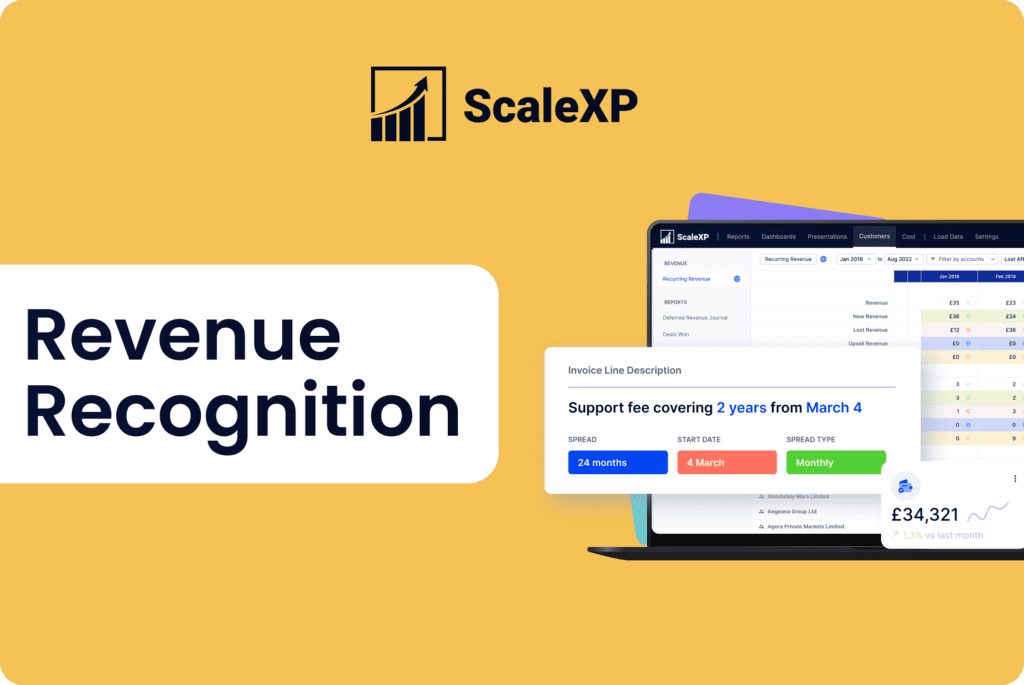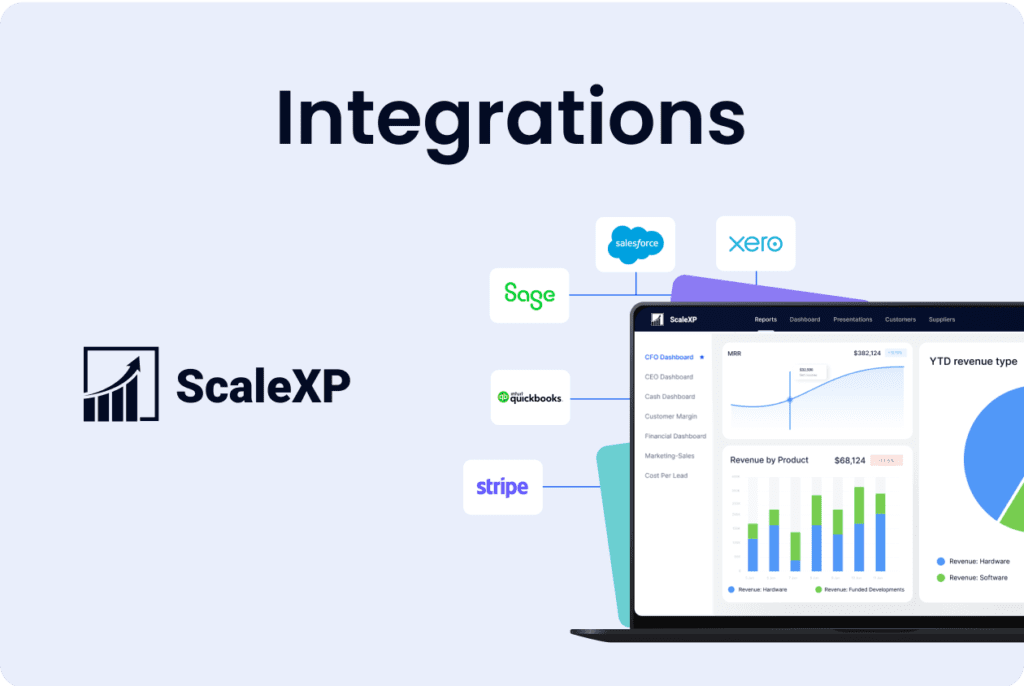What is deferred revenue or deferred income?
Deferred revenue is a term used in accounting to describe the amount of money that a company has received from a customer but has not yet earned through the provision of goods or services. In other words, deferred revenue represents a liability for the company.
Deferred revenue and deferred income are synonymous and used interchangeably. We go into more detail on what deferred revenue is in this post.
What are the accounting standards?
There are several accounting standards that specify how deferred revenue should be accounted for, including:
- International Financial Reporting Standards (IFRS 15)
- Financial Reporting Standards in the UK and Ireland (FRS 102 Revenue Recognition; UK GAAP)
- Generally Accepted Accounting Principles (GAAP, in the US)
- Accounting Standards Codification (ASC 606)
- International Accounting Standards (IAS)
While these standards share some common principles, there are also some key differences between them.
What are the similarities between IFRS 15, FRS 102, ASC 606, and GAAP?
All of these accounting standards work on the principle that revenue should be recognised as it is earned, rather than when it is invoiced or when cash is received. Accounting bodies have been working to increase detailed alignment between these standards as well as general principals.
For companies that provide a product or service, this can result in the revenue being shown over several months or even years. In the case of an annual contract or retainer fee, the revenue would typically be shown over the twelve-month period or as the retainer is used.
What are the differences between accounting standards?
Within this principle, there are subtle differences between the standards. Under IFRS, deferred revenue is typically recognised when the company has satisfied its performance obligations, which means that the company has provided the goods or services to the customer. In contrast, GAAP requires deferred revenue to be recognised when the company has earned the revenue, which means that the customer has received the goods or services and the company has satisfied its performance obligations. For software and tech companies, these two standards are effectively the same. For businesses that ship physical products, there can be subtle differences.
In addition to these differences, ASC 606 and IAS also have their own unique rules for accounting for deferred revenue. For example, ASC 606 requires companies to disclose the nature of their performance obligations, while IAS requires companies to disclose the timing of their revenue recognition.
Overall, while there are some common principles shared by accounting standards IFRS 15, ASC 606, FRS 102 and GAAP, there are also some differences. It is important for companies to understand and comply with the specific requirements of the accounting standards that apply to them in order to accurately account for deferred revenue.
ScaleXP provides the most comprehensive deferred revenue software on the market and fully complies with all accounting standards. The software provides fully automated revenue recognition – using a sophisticated series of algorithms – eliminating the need for spreadsheet tracking with its inevitable errors.i






